Telemedicine Apps: A Complete Guide On The Benefits Of LLM Integration
17 May 24 

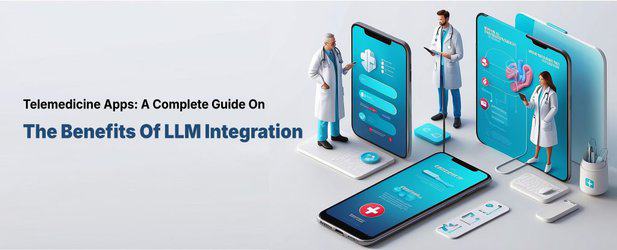
Have you ever imagined a world where your healthcare app could understand and assist you just like a real doctor?
Well, that vision is becoming a reality, thanks to the incredible advancements in Large Language Models (LLMs). These smart technologies are transforming the way we interact with our devices and are now making their way into the healthcare sector. With their remarkable capabilities, LLMs have the potential to revolutionize how we manage our health, connect with medical professionals, and shape a brighter future for healthcare. So, let’s dive into this exciting exploration and discover how these innovative language models can change our healthcare journey and enhance our overall well-being
What are Large Language Models?
Large Language Models are not just your average AI systems. These innovative technologies have been meticulously crafted to understand and generate human-like language, making them incredibly adept at communication. Trained on vast amounts of text data, LLMs have learned to recognize patterns, context, and nuances, enabling them to excel at language-related tasks. They can answer questions, generate text with remarkable fluency, summarize complex information, and engage in conversations that feel natural and intuitive. The beauty of LLMs lies in their ability to continuously learn and improve over time, making them even more effective as they interact with more data and users.
Enhancing Healthcare Apps with LLMs
Improved Patient Engagement
LLMs bring healthcare apps to life, making them incredibly interactive and engaging. With LLMs integrated into your telemedicine app, you can enjoy personalized conversations about your health. Imagine chatting with your app about your symptoms, receiving tailored advice, and feeling motivated to take care of your health. LLMs can offer helpful tips, send friendly reminders to take medication, and provide educational content specifically tailored to your health needs and interests. It’s like having your very own virtual health assistant, available anytime and anywhere!
Smarter Symptom Checking
Bid farewell to the days of frantic web searches and self-diagnosis. LLMs provide a more accurate and reliable approach to symptom checking. By analyzing your symptoms, taking into account your medical history, and considering your personal risk factors, these models can suggest potential conditions and recommend appropriate next steps. No more unnecessary worries or confusion! LLMs help you navigate your symptoms with confidence and guide you toward the right path to treatment or further assessment.
Real-Time Health Insights
With LLMs integrated into healthcare apps, you gain access to instant insights about your health. These models can seamlessly connect with wearable devices and health trackers, monitoring your vital signs and providing meaningful feedback. For example, if your heart rate or blood sugar levels deviate from the healthy range, the LLM can promptly notify you and suggest adjustments to your lifestyle or recommend a timely check-up with your healthcare provider. By analyzing patterns in your health data, LLMs can help you identify potential issues early on and take proactive measures to improve your well-being.
Precision Medicine and Personalized Care
One of the most groundbreaking aspects of LLMs in healthcare is their ability to enable precision medicine and personalized care. LLMs can process and understand vast amounts of medical data, including your genetic information, lifestyle factors, and medical history. By integrating this data, LLMs can suggest specific medications or therapies that are more likely to be effective for your unique body and health profile. This personalized approach ensures that treatments are to your specific needs, improving outcomes and enhancing the overall quality of care.
Streamlining Administrative Tasks
Let’s face it, dealing with appointments, insurance claims, and medical paperwork can be tedious and time-consuming. LLMs step in as your virtual assistants, automating these administrative tasks and making the entire process smoother. They can efficiently schedule appointments, manage your medical records, and even assist with insurance-related inquiries and paperwork. By taking care of these tasks, LLMs give you more time and energy to focus on your health, wellness, and the things that matter most to you.
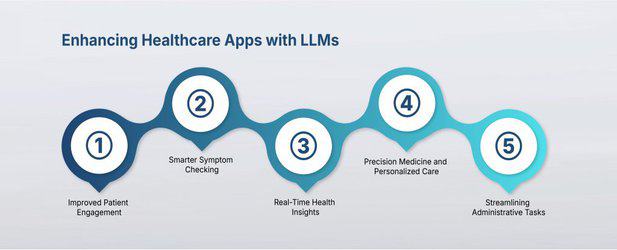
Challenges and Future Opportunities
As with any cutting-edge technology, there are challenges and ethical considerations to keep in mind as we embrace the potential of LLMs in healthcare:
Data Privacy and Security
Protecting your sensitive health information is of utmost importance. As LLMs rely on large amounts of data, ensuring patient privacy and safeguarding personal details are critical. Secure data handling and encryption techniques are essential to maintaining trust and confidence in LLMs.
Bias and Ethical Concerns
Addressing potential biases that LLMs may inadvertently inherit from their training data is crucial. Ensuring that LLMs do not perpetuate unfair or biased practices and promoting transparent and unbiased decision-making processes are vital aspects of responsible LLM integration.
Regulatory Compliance
Integrating LLMs into healthcare apps must be done safely and in compliance with relevant standards and regulations. Obtaining the necessary approvals and ensuring ongoing adherence to regulatory frameworks can be complex but is essential for patient safety and legal considerations.
Explainability
While LLMs can provide valuable insights, understanding the reasoning behind their suggestions is important for building trust. Developing methods to explain their decision-making processes, such as interpretability techniques and transparent reporting, will foster greater acceptance among users and healthcare professionals.
Healthcare Equity
Ensuring equitable access to LLM-powered healthcare apps is crucial. Addressing digital divides and providing access to underserved communities can help bridge healthcare gaps and improve overall population health.
Collaboration and Interoperability
Effective collaboration between healthcare professionals, AI researchers, and app developers is key to successful LLM integration. Standardizing data formats and ensuring interoperability between systems will facilitate seamless LLM integration across various healthcare platforms.
Prospects for future
The integration of Large Language Models in healthcare apps offers countless benefits to patients, healthcare providers, and the healthcare system as a whole. As we navigate the challenges and embrace the opportunities, the potential for improved patient care and outcomes is immense. Here are some exciting prospects for the future:
Widespread Adoption:
LLMs will become seamlessly integrated into various aspects of healthcare delivery, from patient engagement and monitoring to clinical decision support and administrative tasks. Their presence will be felt across the healthcare spectrum.
Advanced Natural Language Processing:
Advancements in natural language processing (NLP) will enable LLMs to understand and interpret complex medical jargon, patient queries, and contextual nuances with even greater accuracy. Conversations with healthcare apps will become more human-like and intuitive.
Integration with IoT and Wearable Devices:
LLMs will work in tandem with Internet of Things (IoT) and wearable devices, enabling continuous and real-time monitoring of patient health. By analyzing data from these devices, LLMs can provide insights and proactive recommendations for improved health outcomes.
Specialized LLMs
LLMs will be tailored to specific medical specialties, such as cardiology, oncology, neurology, and more. These specialized models will possess in-depth knowledge and expertise in their respective fields, providing focused insights and support to healthcare professionals and patients.
Enhanced Patient Monitoring and Outcomes
LLMs will enable remote patient monitoring, allowing healthcare providers to track patient health in real time. By analyzing data and detecting early warning signs, LLMs can facilitate timely interventions and improve patient outcomes, especially for chronic disease management and post-discharge care.
Conclusion:
The integration of Large Language Models in healthcare apps is an exciting journey, offering improved patient engagement, more accurate diagnostics, and personalized care. While challenges exist, the potential benefits to patients and the healthcare industry are immense. As we move forward, we can expect to see even more innovative applications of LLMs, making healthcare more efficient, accessible, and tailored to individual needs.
- Agentic AI1
- Android Development3
- Artificial Intelligence31
- Classified App3
- Custom App Development5
- Digital Transformation12
- Doctor Appointment Booking App14
- Dropshipping1
- Ecommerce Apps40
- Education Apps2
- Fintech-Apps37
- Fitness App4
- Flutter4
- Flutter Apps20
- Food Delivery App5
- Grocery App Development1
- Grocery Apps3
- Health Care10
- IoT2
- Loyalty Programs9
- Matrimony Apps1
- Microsoft1
- Mobile App Maintenance2
- Mobile Apps126
- Product Engineering6
- Progressive Web Apps1
- React Native Apps2
- Saas Application2
- Shopify9
- Software Development3
- Taxi Booking Apps7
- Truck Booking App5
- UI UX Design8
- Uncategorized6
- Web App Development1









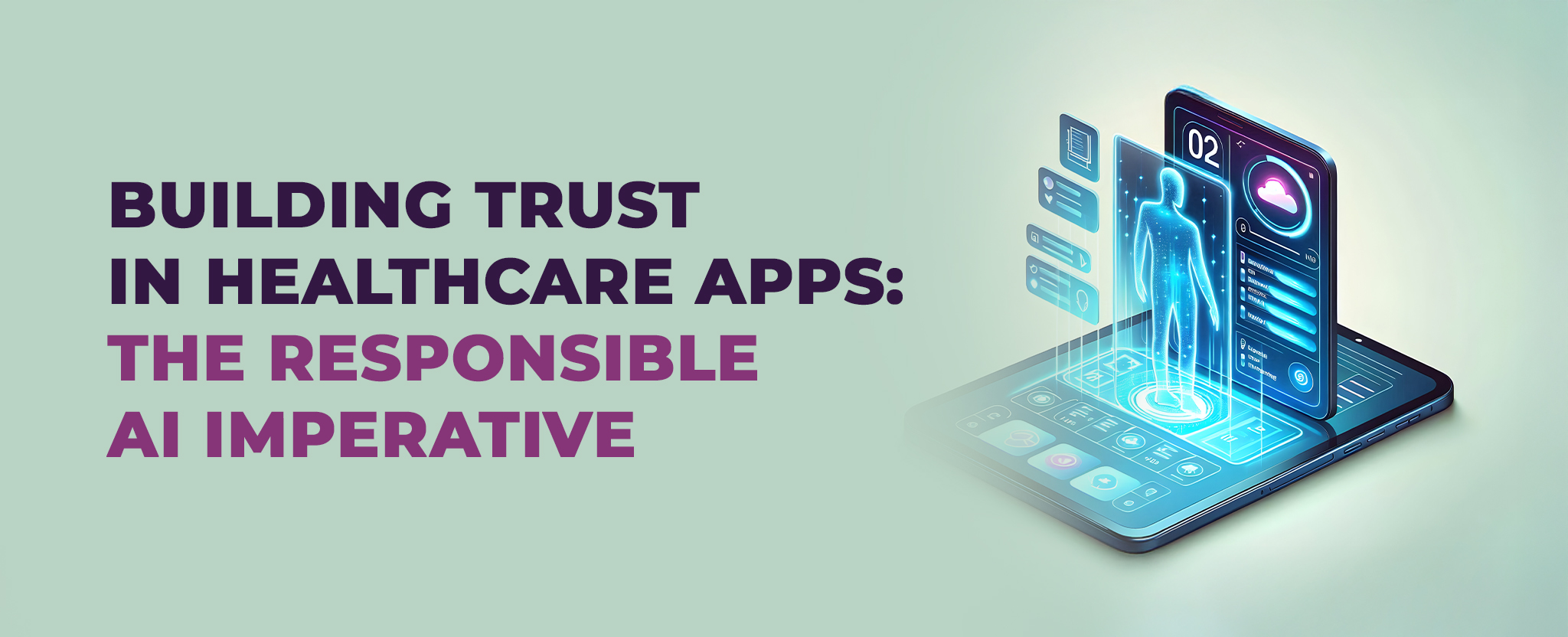
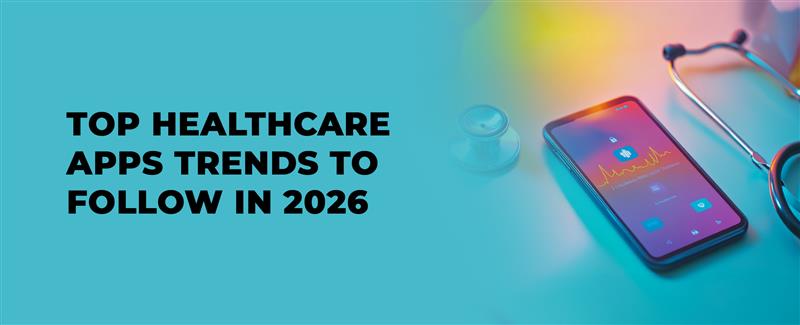
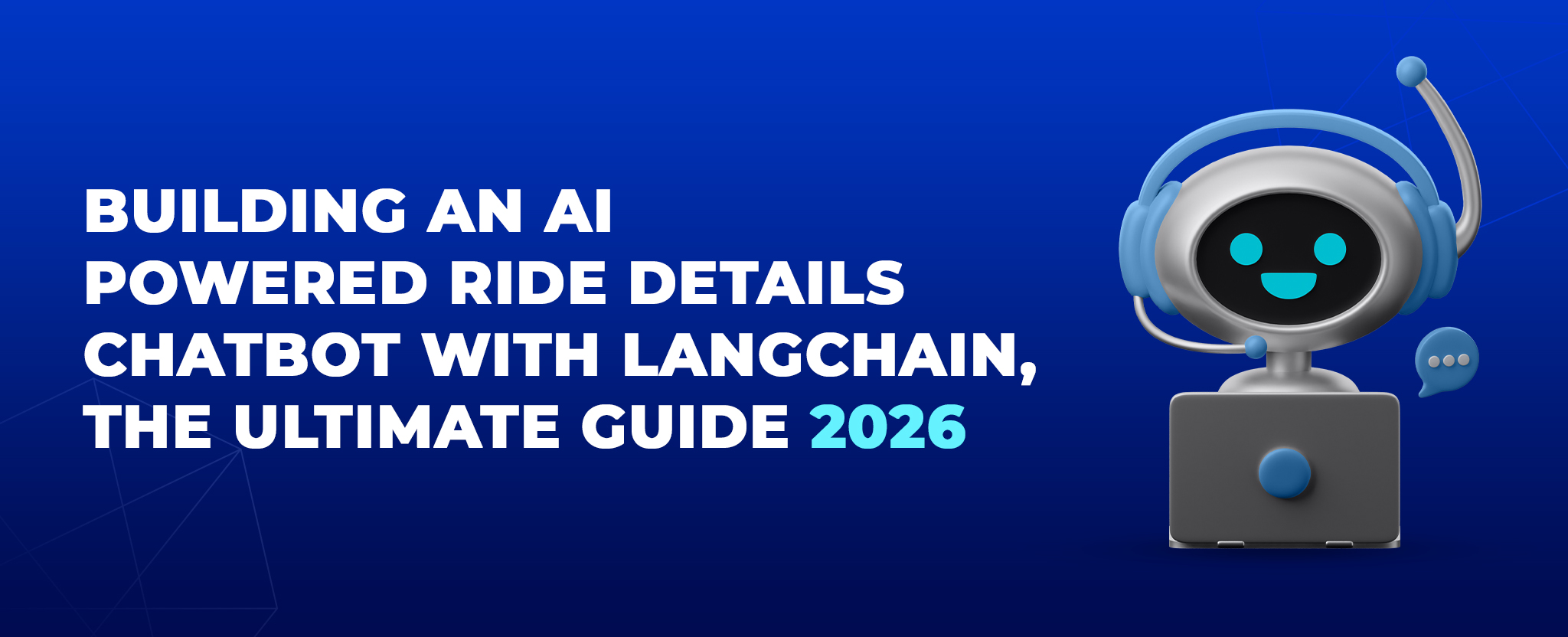
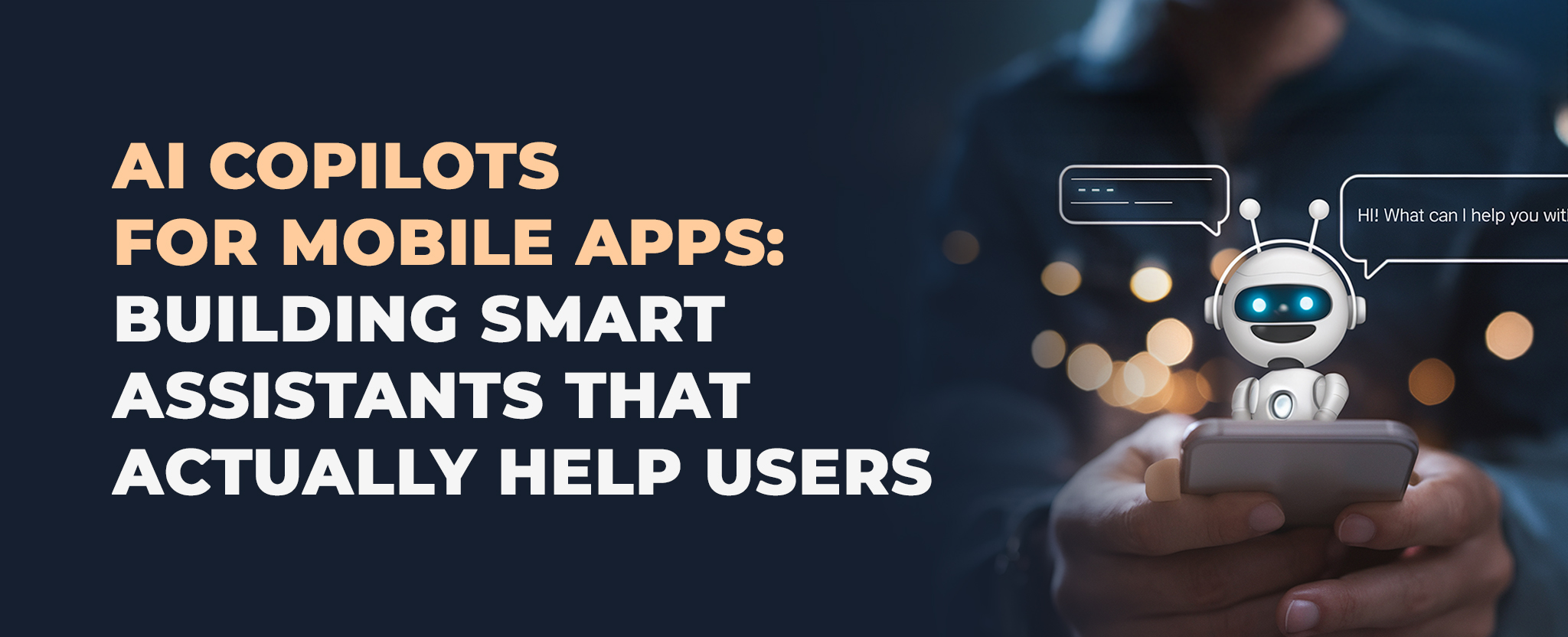






Comments